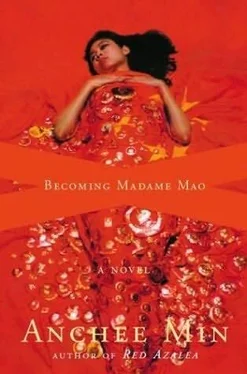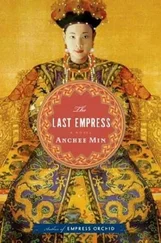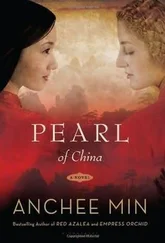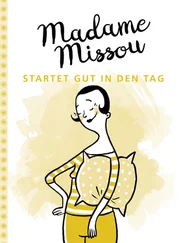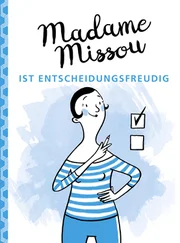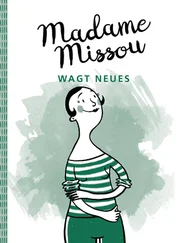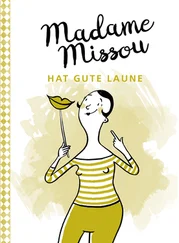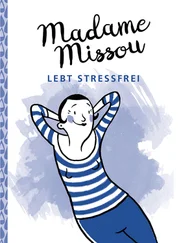Then there is a pause. She can hear Yu's sob. It is followed by a silence so complete that she hears the crack of time. A shooting star falls.
Once again, she sees her life as a film. And once again she is a young woman standing on top of a roof overlooking the city of Shanghai and dreaming of her future. She sees the gingko-nut boy and hears his selling drill: Xiang-u-xiang-lai-nu-u-nu! The boy's tone is smooth and mindless. Still clear. The midnight wind sweeps through the long dark lane. The boy squats in front of his wok holding an armful of firelight.
She sees herself in the cell of Qin-Cheng national prison where Vice Chairman Liu's wife, Wang Guang-mei, spends a dozen years before her. Madame Mao sits facing the wall. She is ordered to make dolls for export. She has to meet the daily production objective. The dolls will be sold in children's stores all over the world. She sews tiny colorful dresses onto the tiny plastic bodies. Tens, hundreds and thousands of dolls between 1976 and 1991. She embroiders spring on the dresses, draws flowers from her imagination. When guards are not watching, she secretly embroiders her name, Jiang Ching, onto the inner edges of the dresses. And then she is found out and is stopped. Nevertheless, it is too late to retrieve the ones that had already been shipped. Baskets of dolls, with her signature. Out of China and into the world. Where would they land? In a child's forgotten bin? Or a display window?
It is time to empty the stage. Remember, you will always come across me in the books about China. Don't be surprised to see my name smeared. There is nothing more they can do to me. And don't forget that I was an actress, a great actress. I acted with passion. For those who are fascinated by me you owe me applause, and for those who are disgusted you may spit.
I thank you all for coming.
Thank you,
Sandra Dijkstra, my agent, for having the great strength to strike through the troubled river. Five years to reach the shore. Madame Mao is to you.
Anton Mueller, my editor, for having the talent, patience and skill to find out who I am as a writer and show the way to bring out the best in me.
Michele Dremmer, again, for your affection.
Lin Qing-shan, The Red Demon, Century Literature, China 1997
Dai Jia-fang, Time of the Revolutionary Operas, Knowledge Publishing, China 1995
Biography of Mao Tse-tung, China Institute of the Communist Party, 1996
The Myth of History, South Sea Publishing, China 1997
Behind the Important Decisions, South Sea Publishing, China 1997
Peng Jin-Kui, My Uncle Peng De-huai, China Publishing, 1997
Zhang Yin, Record of Jiang Ching and Roxane Witke Conversation, Century Literature, China 1997
The National Famous Figures, South Sea Publishing, China 1997
The Tendency of the High Court, South Sea Publishing, China 1996
Jing Fu-zi, Romance of the Zhong-nai-hai Lake, Lian-Jing Publishing, Taiwan
Jing Fu-zi, Mao and His Women, Lian-Jing Publishing, Taiwan
Lives of the True Revolutionaries, South Sea Publishing, China 1996
Ross Terrill, The White-Boned Demon, William Morrow, 1984
Ross Terrill, Mao-A Biography, Harper and Row, 1980
Roxane Witke, Comrade Chiang Ch'ing, Little, Brown, 1977
Yao Ming-le, The Conspiracy and Death of Lin Biao, Alfred A. Knopf, 1983
Edgar Snow, The Long Revolution, Random House, 1972.
Dr. Li Zhi-Sui, The Private Life of Chairman Mao, Random House, 1994
Zhao Qing, My Father Zhao Dan, China Publishing, 1997

Anchee Minwas born in Shanghai in 1957. Like her character Wild Ginger, she ardently followed the tenets of Maoism to save her spirit and joined the Red Guards to avoid being attacked. At seventeen she was sent to a labor collective, where after a number of years a talent scout for Madame Mao's Shanghai Film Studio recruited her to work as a propaganda movie actress. She came to the United States in 1984. Min's critically acclaimed novel Becoming Madame Mao was a national bestseller. Her 1994 memoir, Red Azalea, was named a New York Times Notable Book and was an international bestseller.
***

